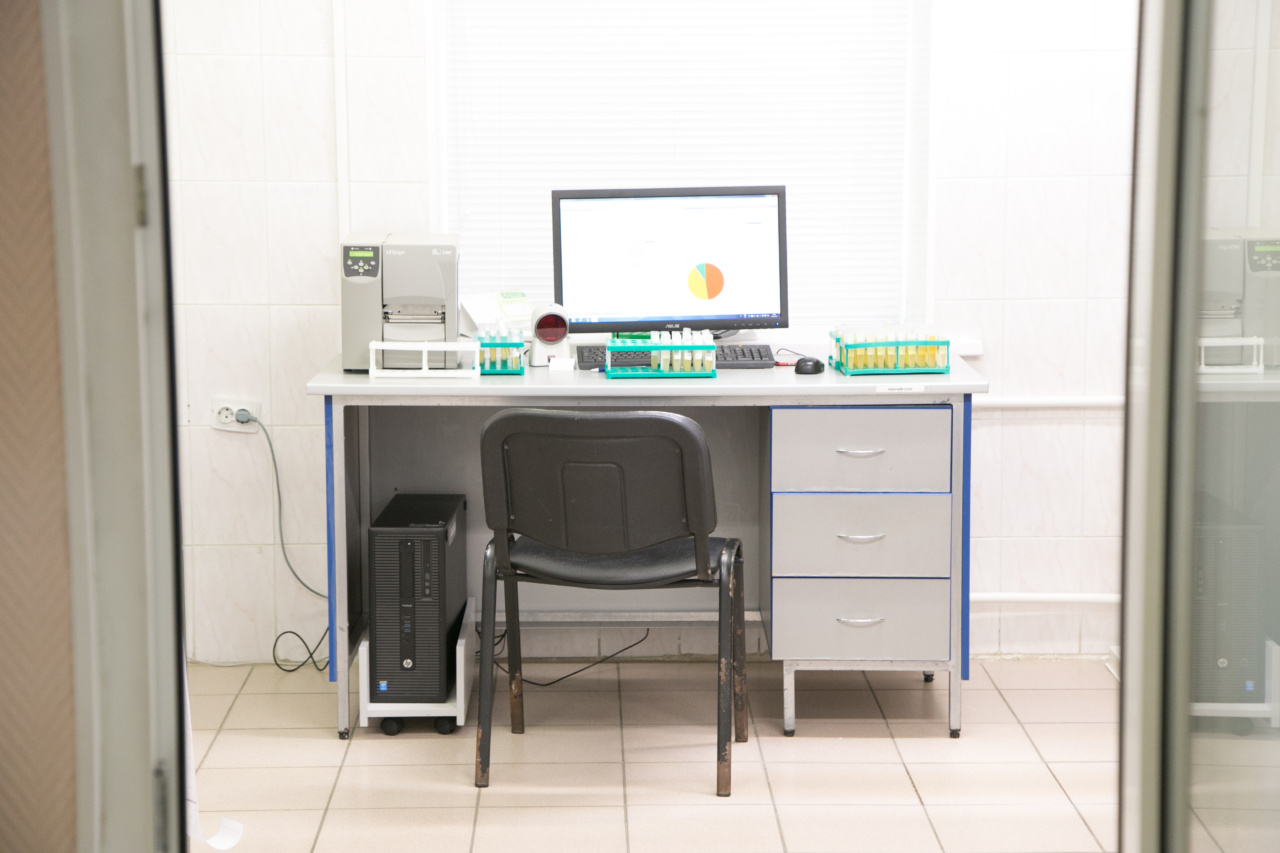Fetal development is a complex and fascinating process that involves the growth and maturation of a baby inside the womb.
Monitoring fetal development is crucial for ensuring the health and well-being of both the mother and the baby throughout pregnancy. Fortunately, advancements in medical technology have led to the development of various tools and techniques that allow healthcare professionals to closely monitor the progress of fetal development.
This article will discuss some of the most commonly used tools for monitoring fetal development and their significance in ensuring a healthy pregnancy.
Ultrasound
Ultrasound, also known as sonography, is one of the most widely used tools for monitoring fetal development. It uses high-frequency sound waves to create real-time images of the baby in the womb.
Ultrasound scans can provide valuable information about the baby’s growth, position, and overall health. It allows healthcare providers to identify any abnormalities or potential complications that may require further investigation or intervention.
Ultrasounds are typically performed at various stages of pregnancy to track the baby’s development from the early stages to the final weeks.
Doppler Flow Study
A Doppler flow study is a non-invasive test that measures the blood flow in the baby’s umbilical cord, placenta, or specific fetal blood vessels.
It uses ultrasound technology to assess the adequacy of blood supply and oxygen delivery to the developing baby. Doppler flow studies can be particularly useful in monitoring pregnancies that are at a higher risk of complications, such as those with maternal hypertension or fetal growth restriction.
By assessing the blood flow, healthcare providers can detect any abnormalities that may indicate a potential problem with fetal development.
Maternal Blood Testing
Maternal blood tests are a valuable tool for monitoring fetal development. These tests involve analyzing specific substances or hormones in the mother’s blood that can provide insights into the baby’s health and development.
For example, maternal blood testing can screen for genetic disorders, such as Down syndrome, by measuring the levels of certain proteins and hormones. It can also detect certain neural tube defects by measuring the levels of alpha-fetoprotein (AFP) in the mother’s blood. Maternal blood testing is usually performed during the first and second trimester of pregnancy.
Genetic Testing
Genetic testing is another important tool for monitoring fetal development, especially in cases where there is an increased risk of genetic disorders.
There are various types of genetic tests available, including amniocentesis and chorionic villus sampling (CVS). Amniocentesis involves extracting a small sample of the amniotic fluid surrounding the baby and analyzing the fetal cells for genetic abnormalities. CVS, on the other hand, involves taking a small sample of the placental tissue for genetic analysis.
These tests can provide valuable information about the baby’s genetic makeup and help identify any potential issues or conditions that may require further medical attention or intervention.
Electronic Fetal Monitoring (EFM)
Electronic fetal monitoring (EFM) is a technique used to monitor the baby’s heart rate and contractions during labor and delivery.
It involves placing two sensors on the mother’s abdomen to measure the baby’s heart rate and the frequency and duration of contractions. EFM is crucial in ensuring the well-being of the baby during labor and can help detect any signs of distress or complications.
It allows healthcare providers to make informed decisions regarding the management of labor and delivery to minimize potential risks and ensure a safe birth.
Fetal Magnetic Resonance Imaging (MRI)
Fetal magnetic resonance imaging (MRI) is a specialized imaging technique that uses a powerful magnet and radio waves to create detailed images of the baby’s internal structures.
It is often used when more detailed information is needed, such as in cases where abnormalities have been detected during ultrasound scans or when assessing specific fetal organs. Fetal MRI can provide valuable information about brain development, spinal cord abnormalities, and other internal structures that may not be as clearly visualized with other imaging techniques.
Non-Stress Test (NST)
A non-stress test (NST) is a simple and non-invasive test used to evaluate the baby’s well-being during pregnancy. It involves monitoring the baby’s heart rate in response to its own movements.
During an NST, the mother’s abdomen is fitted with sensors that detect and record the baby’s heart rate. The test is usually performed in the third trimester and may be recommended if the healthcare provider suspects any potential problems with the baby’s development or if the mother has a high-risk pregnancy.
An NST can provide reassurance about the baby’s health or prompt further investigation if any concerns arise.
Fetal Blood Sampling
Fetal blood sampling, also known as cordocentesis, is a specialized procedure that involves obtaining a small sample of the baby’s blood from the umbilical cord for analysis.
This procedure is typically performed under ultrasound guidance to ensure accuracy and minimize any potential risks. Fetal blood sampling can provide important information about the baby’s blood type, oxygen levels, and overall well-being.
It is often recommended in cases where there is a suspected fetal infection, severe anemia, or other specific medical indications.
Amniocentesis
Amniocentesis is a diagnostic test that involves extracting a small amount of amniotic fluid from the uterus to analyze the baby’s genetic information.
The procedure is usually performed between 15 and 20 weeks of pregnancy and can provide important information about the baby’s chromosomes, genetic disorders, and neural tube defects. Amniocentesis carries a small risk of complications, including miscarriage, so it is typically offered to women at higher risk of having a baby with a genetic disorder or those who have received abnormal results from other prenatal screening tests.
Chorionic Villus Sampling (CVS)
Chorionic villus sampling (CVS) is another diagnostic test used to assess the baby’s genetic information. It involves extracting a small sample of cells from the placenta for genetic analysis.
CVS is usually performed between 10 and 13 weeks of pregnancy and can provide valuable information about the baby’s chromosomes and genetic conditions. Like amniocentesis, CVS carries a small risk of complications, including miscarriage.
It is typically offered to women at higher risk of having a baby with a genetic disorder or those who have received abnormal results from other prenatal screening tests.
Conclusion
Monitoring fetal development throughout pregnancy is crucial for ensuring the health and well-being of both the mother and the baby.
Various tools and techniques, such as ultrasound, Doppler flow studies, maternal blood testing, genetic testing, electronic fetal monitoring, fetal MRI, non-stress tests, fetal blood sampling, amniocentesis, and chorionic villus sampling, allow healthcare professionals to closely monitor the progress of fetal development and detect any potential problems or complications. By utilizing these tools effectively, healthcare providers can provide appropriate care and intervention to ensure a healthy and successful pregnancy.




























